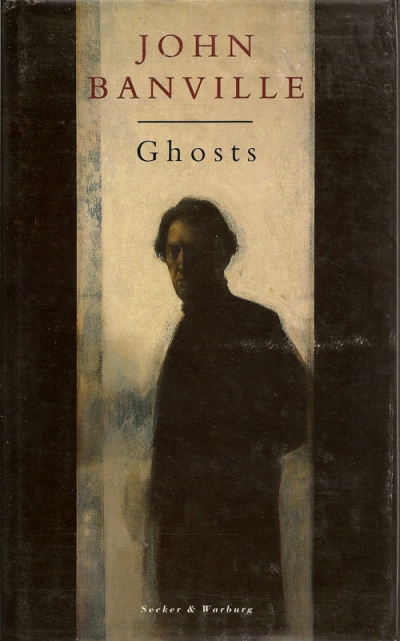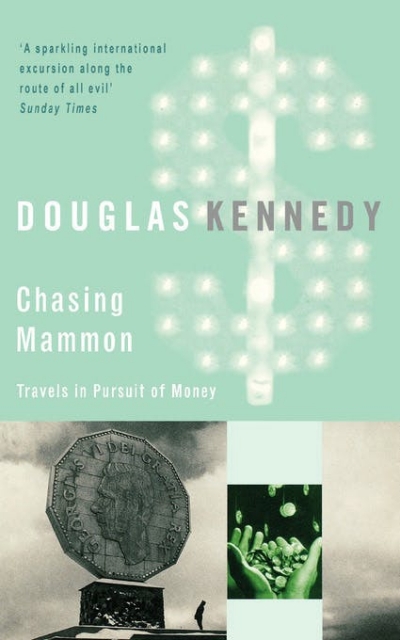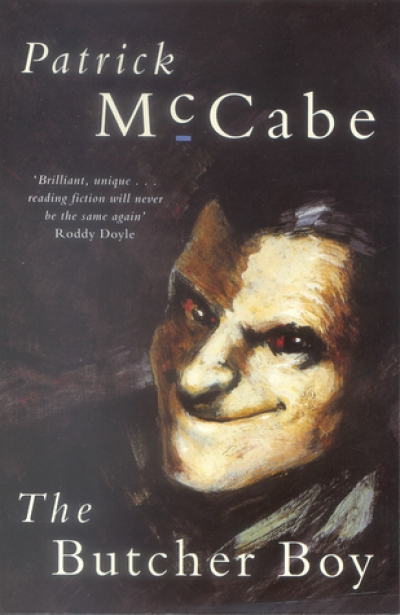Rosemary Sorensen
When I visited Bruce and Brenda Beaver in their Manly flat it was a sparkling day. The water of the Harbour was glittering, and the pines on the foreshore were stirring only slightly in the breeze. But, however soothing the weather, I was nervous. For me, Bruce Beaver is huge, a poet of the first order, and his extraordinarily difficult life, the periods of debilitating sickness and the various almost mythic stories that attach themselves to his history, all added up to make me feel very nervous indeed.
And his wife, Brenda had made it very clear that my being able to come to see him was a privilege. She protects him fiercely, with constant courage, and if I hadn’t read Bruce Beaver’s superb love poems to this woman, I would have been even more nervous when my companion and I knocked on their door.
... (read more)Chasing Mammon: Travels in the Pursuit of Money by Douglas Kennedy
Because it’s the end of the year, every Tom, Dick and Harry is trotting out the Top Books of the Year, My Favourite Summer Reading, What Book I’d Like for Christmas – good old standbys. ABR, however, is looking soberly (for the most part) at the current state of critical writing. Critics and scholars and researchers talking about theory and analysis. People engaged in the processes that help us sort through why we respond to writing in the ways we do, with joy or horror, enthusiasm or indifference.
... (read more)This was an extraordinary task you set yourself. How did you decide to do it in the first place?
I was actually asked to do it. Lesley Mackay, who has a bookshop in Double Bay that I go to, was doing a bit of publishing and packaging, and it suddenly occurred to her that while there was a Writer’s France and a Writer’s Britain there hadn’t been a Writer’s Australia, so she came to me with the idea. She thought she could package the idea to a publisher and would I write it? I thought, what a wonderful idea and signed the contract, and then realised that what I was going to do was write an entire literary history of Australia, and every chapter could have been a book on its own, and probably should have been.
... (read more)I don’t know how all the jumping, throwing, sweating and grimacing went, but that opening ceremony for the Olympic Games in Barcelona was hallucinogenic. I’ve never seen so many men in leather-look congregating under lights! And wasn’t that rippling sea effect fantastic? Who’d imagine you could do so much with the new synthetics. How wonderful for the Barcelonians to have snaps for their family albums of pop as a water drop.
... (read more)In his Canberra 1913–1950 Jim Gibbney summarises the indecisions which accompanied the establishment of a site for Canberra around the turn of the century. When finally, in December 1908, Yass-Canberra was decreed the Seat of Government, it brought to a close nearly two decades of hesitation – at least Australia knew where the Federal Capital was to be situated, if not what kind of city it was to be.
... (read more)Would it surprise you to know that a number of our well-known writers write to please themselves? Probably not. If there’s no pleasure, or challenge, or stimulus, the outcome would probably not be worth the effort. If this effort is writing, it seems especially unlikely that someone would engage in the activity without enjoying the chance to be their own audience.
... (read more)



